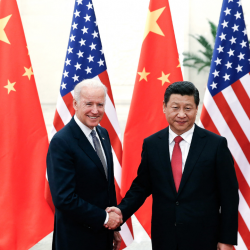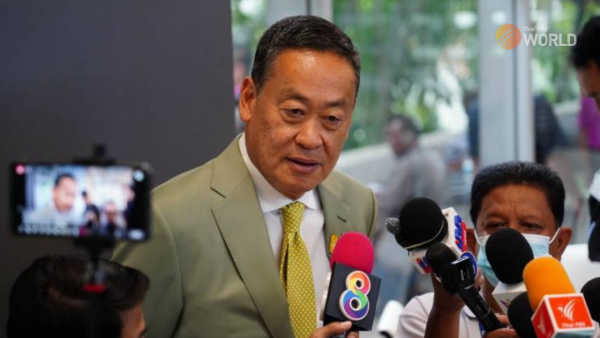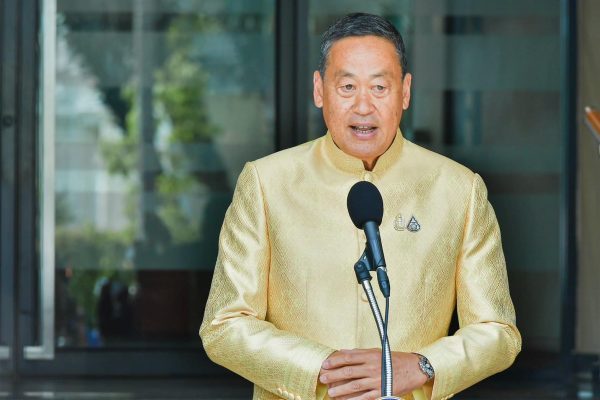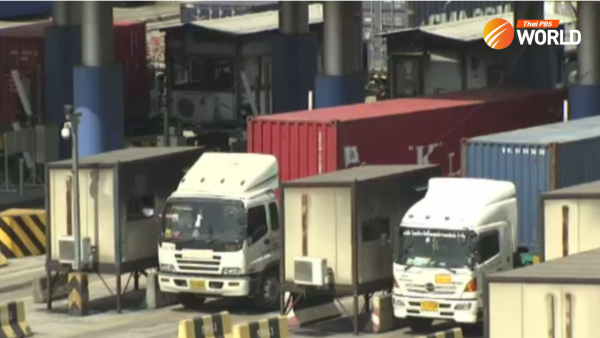Government makes bold move to woo wealthy, highly skilled foreigners
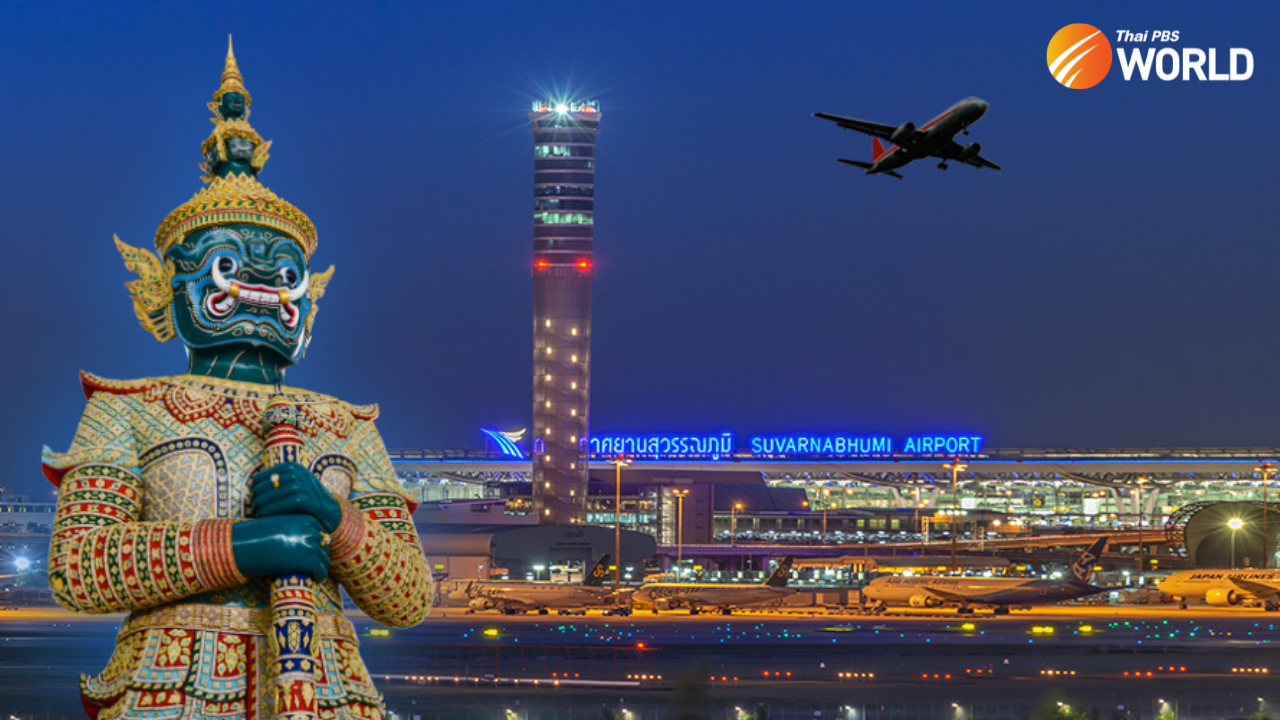
Labor experts and investors are throwing their support behind the government’s move to lure one million wealthy expats and highly skilled professionals on long-stay visas, but netizens are worried about land grabbing by foreigners.
The recent economic stimulus package to invite high-potential foreigners to invest and work in Thailand has sparked a debate.
Concerns over land grabbing
After strongly expressing their opposition on government websites, many netizens have voiced their concerns about allowing foreigners to own real estate, including land. They argue that Thais could become tenants in their own country if foreigners are allowed to own houses and land. Some also complained that there are already a lot of nominees for foreign interests in Thailand.
Need for highly skilled professionals
Yongyuth Chalamwong, research director at Thailand Development Research Institute (TDRI) specializing in labor issues, expressed his support for inviting highly skilled professionals.
“We are really in need of such professionals, as our education system has failed to produce adequate skilled labor,” he said.
Thailand has embraced modern development for 60 years but the country is still trapped in the middle-income bracket thanks to the poor educational system, he said.
Highly skilled professionals from overseas could impart training to Thais, who could later run their own businesses and that would be good for the country, he said.
Before the pandemic, Thailand imported about 3 million unskilled laborers from neighboring countries. The negative effect has been that Thai industries have been slow in adopting technology because they depended too much on cheap labor, he pointed out.
“So, Thailand needs to import highly skilled professionals and at the same time we have to upgrade our education system in order to produce a new generation of skilled labor for the market,” he said.
He is not worried about land grabbing, arguing that Vietnam has for 20 years allowed foreign investors to lease land for up to 99 years. Vietnam’s economy has achieved a high growth rate for many years and many predict its economic development could surpass Thailand in the near future.
Investors back government move
As an expat who has got Thai citizenship, Stanley Kang, chairman of the Joint Foreign Chambers of Commerce in Thailand, supports the move. “It is encouraging news,” he said.
Allowing long-term visa holders to own residential property, including land, would not have any impact on Thai citizens, he assured.
Currently, foreigners can own condominium units, but they cannot own house and land, except investors who get privileges from the Board of Investment (BOI).
Foreigners married to Thais usually own land via their spouses.
Kang suggested that old laws and regulations be amended and procedures to obtain work permits and visas be simplified.
Currently, only those who work for large corporations which get BOI privileges can avail of the BOI’s exclusive facilities. There is no one-stop service for foreigners who work for small and medium-sized companies. They have to deal with several government agencies and go through complicated procedures, he said.
“One-stop service for visa and work permit should apply to all expats, not only to those who work with large corporations under the BOI scheme,” said Kang.
Another issue that has hindered foreign direct investment is limiting ownership to a 49 percent stake in local companies, which leads to investors setting up nominee shareholders in order to take control of the company management.
“Thailand should further liberalize service businesses by lifting the ownership limit in order to invite more foreign investment,” he said.
Intellectual property rights issues also needed to be addressed, he added.
He predicted a rise in foreign direct investment (FDI) this year after the impact of the COVID-19 pandemic in the past two years.
He believes Thailand is attractive for long-stay tourists due to its rich natural resources, including beautiful beaches in the South and forest and hills in the North, Kang added.
Wooing four groups
The Cabinet on September 14, approved an economic stimulus package aiming to bring more in FDI, encourage spending and lure high-potential expats and highly skilled professionals to work in the country.
The package targets four groups.
- Wealthy global citizen: It applies to rich expats investing a minimum of US$500,000 in Thai government bonds, as FDI or property. They must have a minimum monthly income or pension not less than $80,000 a year in the last two years. They also must have health insurance covering medical expenses up to $100,000 throughout the visa period.
- Wealthy pensioners: They are retirees over 50 years old who receive regular pensions from foreign countries. He or she must invest at least $250,000 in Thai government bonds, as FDI or property. A minimum pension of $40,000 a year is mandatory, or $80,000 a year in case they are not making investments. They must have health insurance covering medical expenses of $100,000 throughout the visa period.
- Work-from-Thailand professionals: They must have had an annual income of $80,000 a year in the past two years, or an annual income of $40,000 for those with a master’s degree, own intellectual property rights and have five years’ experience. They must hold a health insurance policy covering medical expenses of $100,000 for the full visa period.
- Highly skilled professionals: They are rich in experience and intend to work for targeted industries, government agencies or universities. They must have an annual income of $80,000 a year in the past two years, or annual income of $40,000 for those with a master’s degree, and have five years’ experience in targeted industries, such as new generation of automobiles, robotics, smart electronics, digital, circular economy. They must hold a health insurance policy covering medical expenses for $100,000 for the full visa period.
The Thai government will offer four types of privileges:
- Long-term residency (LTR) visa of 10 years without the need to submit a 90-day report. Their dependents, children and spouses also will get the same long-term visa.
- They will automatically get a work permit once they get a long-term visa.
- They are subject to progressive income tax rates, the same as Thai citizens.
- Revenue from outside Thailand will be exempted from taxation.
- They can own a house and land or have long-term lease rights.
- Highly skilled professionals could choose to pay a flat income tax rate at 17 percent, or they could opt to pay the same income tax rate as Thais.
One million expats expected
The BOI has been assigned to set up an LTR service center in order to facilitate these groups of expats.
The Cabinet has assigned the National Economic and Social Development Council (NESDC) to consult with the BOI, the Interior Ministry, the Labour Ministry and the Royal Thai Police Office to come up with final measures before the new policies are implemented.
The NESDC projects that during the five-year implementation period — 2022 to 2026 — 1 million rich and highly skilled expats are likely to move to Thailand and they are expected to spend a combined Bt1 trillion annually with a combined foreign direct investment of Bt800 billion.
The government expects to collect tax revenue up to Bt270 billion a year from them — Bt180 billion income tax, Bt70 billion value-added tax and Bt22 billion tax on related investments.
In response to concerns about foreigners owning real estate, government deputy spokeswoman Traisulee Traisaranakul clarified that foreigners have not yet been allowed to own low-rise homes. They are likely to be allowed a long-term lease for real estate and would be subject to investment requirements such as those for investing in the Eastern Economic Corridor.
By Thai PBS World’s Business Desk

